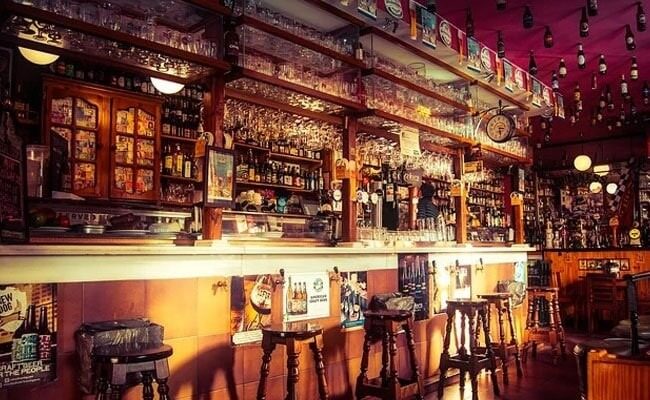| Translate This News In |
|---|
Leading industry representatives warned on Tuesday that steep increases in energy prices could force British pubs to close and urged the government to take action.
As part of a larger cost of living concern, six of the largest pub and brewing companies in the nation said that some bars’ bills increased by more than three times this year.
According to William Lees Jones, general director of the JW Lees pub company, “We have publicans that are experiencing energy bill rises of more than 300 percent and some energy firms are refusing to even quote for supplies.”
Because their businesses can’t sustain the costs of electricity at these levels, some tenants have given us notice.
According to CEO Nick Mackenzie, one pub tenant in the 2,700-strong Greene King group has seen its energy costs rise by £33,000 ($38,600) over the past 12 months.
“Businesses are dealing with this on their own, and it is just going to get worse in the fall, despite the government having put in place measures to help them deal with this price spike.
Without timely government assistance, “we could face the potential of pubs being unable to pay their bills, jobs being lost, and cherished locals across the country being forced to close their doors, meaning all the excellent work done to keep pubs open during the pandemic could be for nothing.”
Inflation in Britain has reached 40-year highs as a result of the country’s rising cost of living, and there have been an increasing number of strikes over salary offers that are not keeping up with the cost of living.
A startling 80% increase in gas and electricity costs for the typical home starting in October was reported last week by the energy regulator Ofgem. From January, even higher bills are anticipated.
But companies are not covered by the energy price cap.
In an open letter, the businesses, including Greene King, JW Lees, Carlsberg Marston’s, Admiral Taverns, Drake & Morgan, and St Austell Brewery, encouraged the government to extend the cap to enterprises.
– Aversions to hospitality
Pubs, a pillar of British social life for generations, have had a difficult few years, with a decline in profitability brought on by coronavirus lockdowns and social isolation regulations.
In the first half of this year, the combined number of pubs in England and Wales fell below 40,000 for the first time ever, a decline of more than 7,000 over a ten-year period.
An organisation representing the industry, the British Beer and Pub Association, warned that if nothing is done, rising energy prices brought on by rising wholesale costs and a shortage of supplies as a result of the conflict in Ukraine might harm the business more than the pandemic.
Independent dining establishments, including those serving fish and chips, a different British institution, have also expressed worry.
The price of the deep-fried treat has soared as a result of the war in Ukraine due to higher import taxes on white fish from Russia and a decrease in the availability of vegetable oil from Ukraine.
More than 750 businesses on Monday signed an open letter to the government saying that rising food and energy prices, a staffing shortage, and supply chain delays were now making the hospitality industry “unsustainable.”
We run the danger of losing a component of what makes us British if we lose these local favourites, they continued.
According to the British Takeaway Campaign, some businesses are currently being offered an eightfold increase in energy costs.
It asked for incentives for small firms, a temporary reduction in sales tax (VAT) and company rates, as well as a moratorium on the implementation of new rules that would result in more red tape.


















